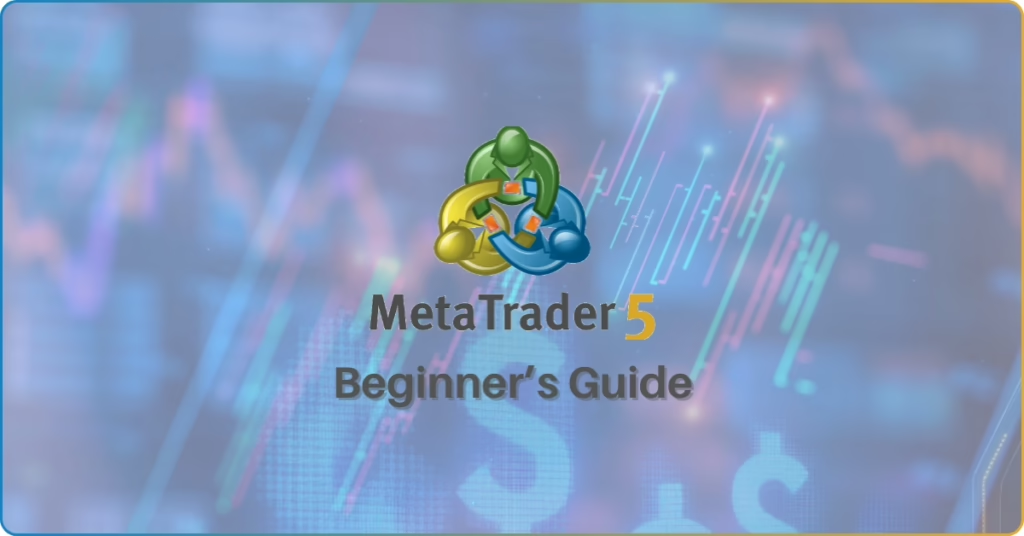The holidays are just around the corner! And as the seasons change, so does the trading behavior on the forex market. Using the best forex holiday trading strategies, investors can maximize their profit and time with loved ones.
Below, we tackle forex market behavior during the holidays and the best seasonal strategies to implement on the forex market.
Is Forex Holiday Trading Worth It?
Traders often ask if it’s worth it to trade during the holidays. Some might argue that the market is too volatile, the behavior is too unpredictable, or they would much prefer spending time with family.
Of course, these are totally acceptable reasons not to trade during the holidays. It all boils down to your preference as a trader and your financial goals for the year.
For others who are interested in trading during the holidays, do not fret!
Trading during the holidays can be rewarding, but it must be done cautiously.
Markets have unique patterns during the holidays, and being familiar with these patterns can help in creating a profitable strategy.
Forex Market Behavior During Holidays
The forex market is usually busy and dynamic during regular seasons and operates 24 hours a day. However, this behavior can be entirely different during the holiday season.
Let’s take a look at these forex market behaviors during the holidays.
Reduced Liquidity and Increased Volatility
Volatility increases during the holiday season, and prices can change very quickly when there are fewer participants in the market.
As expected, major financial institutions are experiencing reduced activity. It is not unlikely that employees and other traders are taking holiday breaks, which means there are fewer participants in the market.
On the other hand, traders who are on vacation could also trade only on specific days or times during their breaks. The reduced liquidity can cause larger price swings and increased volatility.
Moreover, public holidays and shortened trading hours have also been implemented in many countries. For instance, the US shortens trading days from 8 AM to 1 PM Eastern Time during the eve of and major holidays.
Wider Spreads
Because of lower liquidity, brokers will charge wider bid-ask spreads, making entering and exiting trades more expensive.
The exact amount may vary depending on the currency pair, but spreads can widen by 2-3 times their usual size during the holiday season.
For instance, a typical spread for a major currency pair like GBP/USD is one pip, but it could increase to 2-3 pips during holiday periods.
The increased spreads lead to higher trading costs and potential slippage, especially since trades could be executed at different prices than anticipated.
It’s important that traders are aware of these changes so that strategies can be adjusted accordingly, such as widening stop-loss and take-profit levels.
Fewer Market Catalysts
Holiday periods often lack major economic news that catalyzes the market. Government announcements that drive the market (interest rates, trade policies, etc.) are frequently scheduled before or after the holidays.
When there is no major economic news, the market has nothing to react to. Therefore, price movements become less predictable and uncertain.
Automated Trading Might Not Work
Because of the unpredictable market, automated trading algorithms designed for stable market conditions might not perform as expected during the holidays.
It is important for traders to know this so as to adjust strategies and risk management in their trades.
Different Currencies Respond Differently
Different currencies also respond differently to the holidays.
Major currencies like the USD, EUR, and JPY often see increased volatility because there is less market participation. This is exceptionally true for the USD during the Christmas season. Meanwhile, the GBP also has increased demand because of higher consumer spending in the UK.
Meanwhile, emerging market currencies can also be more volatile, especially in countries that receive significant remittances. For instance, the Philippine Peso (PHP), and the Indian Rupee (INR) strengthen during the holidays because overseas workers send money home for celebrations.
Best Forex Holiday Trading Strategies
Since we’ve already established the unique risks that appear during holiday trading, let’s tackle practical recommendations for your strategy.
The first thing to note is that major markets, including the US, Europe, Japan, and the UK, will be closed during Christmas Eve, Christmas, New Year’s Eve, and New Year.
Second, anticipate an unpredictable market from the 2nd week of December to the 1st week of January.
By this time, we can adjust our strategies accordingly.
Focus on Major Currency Pairs
The consensus between forex traders is that you should focus on major currency pairs during the holidays. This is generally considered a sound strategy.
One reason is that major currencies such as EUR/USD, GBP/USD, USD/JPY, and USD/CHF tend to have higher liquidity even during the holidays. During this time, there are more buyers than sellers in the market. This causes the price to go up, but so do spreads, so plan accordingly.
Exotic pairs are likely to experience a decline in trading volume and unpredictability. However, if you wish to trade exotic pairs, check for currencies that receive high remittances.
Adjust Position Sizes
Adjusting position sizes is crucial to manage risks during the holidays.
As mentioned earlier, trading during the holidays is much costlier and riskier. Having a smaller position can help reduce your risk exposure.
Additionally, if market conditions shift unexpectedly, a smaller position size can make it easier to exit trades immediately.
Use Wider Stop-Loss Orders
Because there is less market participation, price swings can be more extreme. To combat this, a wider stop-loss is essential.
This gives your trades more breathing room and enables them to withstand short-term volatility.
Moreover, you should also expect abnormal market fluctuations during the holidays. Prices might suddenly go up or down with no indication. With a wider stop-loss, you can prevent premature exits.
Example of Forex Trade During the Holidays
Let’s try out an example of how you might adjust your trades during the holidays.
Trades for Normal Trading Conditions
For instance, you typically trade the EUR/USD pair with a $10,000 account, a 1% risk per trade, and a usual stop-loss of 50 pips.
| Account Size | $10,000 |
| Risk per Trade | 1% or $100 |
| Stop-loss | 50 pips |
| Pip Value (Standard Lot) | $10 per pip |
| Normal position | 0.2 lots |
Adjusted Trades for Holidays
For the holidays, you should reduce your risk to 0.5% per trade but increase your stop-loss to 75 pips to account for higher volatility and wider spreads.
| Adjusted risk per trade | 0.5% or $50 |
| Adjusted stop-loss | 75 pips |
| Holiday position | 0.067 lots |
By reducing your position size and adjusting your stop loss, you can manage the risk of increased volatility and reduced liquidity during holiday trading periods!
Trade smarter on CommuniTrade
Keep up to date with trading news, trends, and analysis on CommuniTrade. Ask questions, verify facts, start thought-provoking discussions with fellow traders.
Sign up here.

















